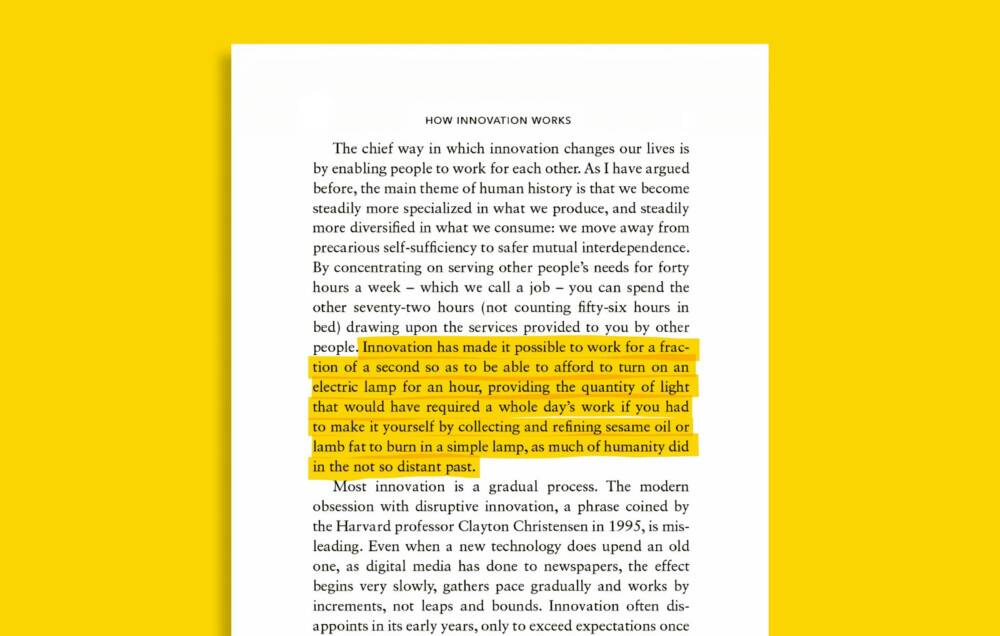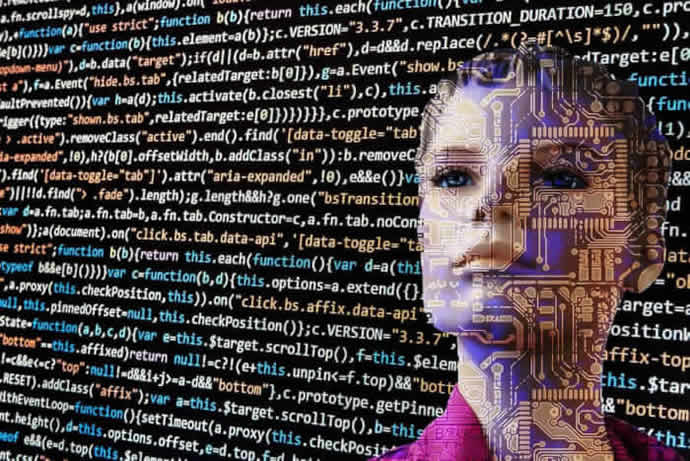Trust is a fundamental aspect of human relationships, both in personal and professional contexts. The ability to trust another person is critical for effective communication, cooperation, and decision-making. However, building trust can be challenging, especially when dealing with unfamiliar individuals or situations. In recent years, neuroimaging and artificial intelligence (AI) have emerged as powerful tools for understanding the mechanisms underlying trust and improving our ability to build trust towards others.
Neuroimaging refers to a set of techniques used to study the structure and function of the brain. These techniques allow researchers to visualize the brain in action and identify the neural circuits that underlie various behaviors, including trust. For example, studies using functional magnetic resonance imaging (fMRI) have shown that the brain regions involved in processing social information, such as the amygdala and prefrontal cortex, are also activated when individuals decide to trust others.
In addition to neuroimaging, AI is increasingly being used to study and improve trust. AI algorithms have the ability to scrutinize massive datasets and pinpoint patterns that may be beyond human capacity to discern. For example, AI can analyze facial expressions, speech patterns, and other nonverbal cues to determine whether an individual is trustworthy or not. AI can also be used to model and simulate social interactions, allowing researchers to study trust in a controlled environment.
The combination of neuroimaging and AI has the potential to revolutionize our understanding of trust and improve our ability to build trust towards others. For example, researchers can use neuroimaging techniques to identify the neural circuits that are activated when individuals decide to trust others. AI algorithms can then analyze this data to identify patterns that are associated with trustworthy behavior. This information can be used to develop interventions that promote trust-building behaviors, such as active listening, empathy, and transparency.
One area where neuroimaging and AI have already been applied is in the field of healthcare. Trust is critical in the patient-doctor relationship, and building trust can improve patient outcomes. Researchers have used fMRI to study the neural circuits underlying trust in the context of doctor-patient interactions. They found that trust is associated with increased activity in the prefrontal cortex, a region involved in decision-making and social cognition. AI algorithms can analyze these fMRI data to identify patterns that are associated with trustworthy behavior in healthcare providers. This information can be used to develop training programs that promote trust-building behaviors, such as clear communication and empathic listening.
Another area where neuroimaging and AI can improve trust is in the context of online interactions. The internet has revolutionized the way we communicate and interact with others, but it has also created new challenges in building trust. For example, online scams and frauds are prevalent, and it can be challenging to know whom to trust in online interactions. AI algorithms can analyze patterns in online communication, such as email exchanges or chat logs, to identify trustworthy individuals. These algorithms can also be used to detect suspicious behavior, such as phishing attempts or social engineering scams.
Overall, the combination of neuroimaging and AI has the potential to revolutionize our understanding of trust and improve our ability to build trust towards others. By identifying the neural circuits that underlie trust and analyzing patterns associated with trustworthy behavior, we can develop interventions and training programs that promote trust-building behaviors in various contexts. As technology continues to evolve, it is essential to consider the ethical implications of using neuroimaging and AI in the context of trust. For example, who has access to the data generated by these techniques, and how is it used? Addressing these ethical questions is critical for ensuring that the use of neuroimaging and AI in trust-building is both effective and ethical.
In conclusion, neuroimaging and AI are powerful tools for understanding and improving human behavior.
MKTPlace is a leading digital and social media platform for traders and investors. MKTPlace offers premiere resources for trading and investing education, digital resources for personal finance, news about IoT, AI, Blockchain, Business, market analysis and education resources and guides.













